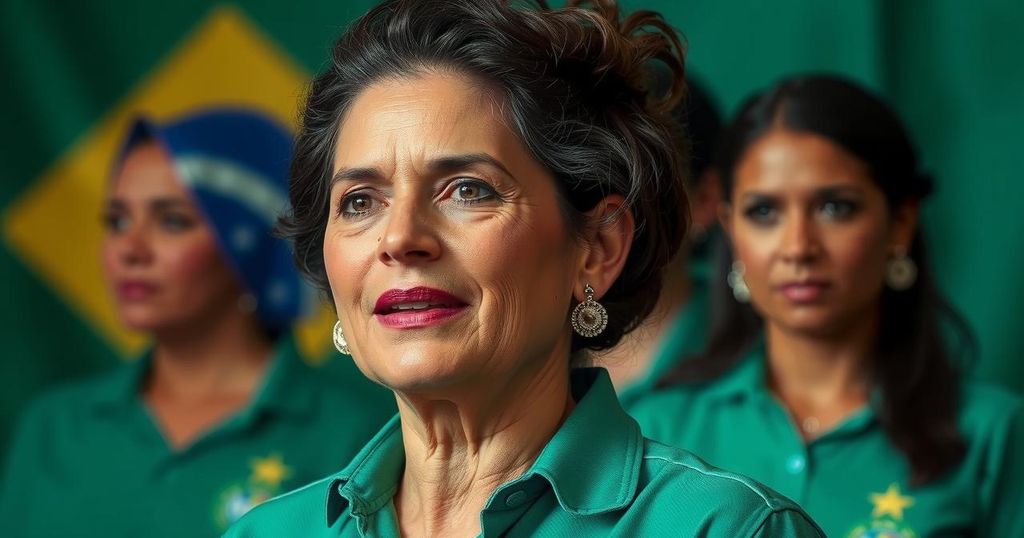Increased Hostility Towards Women and Minority Journalists in Brazil’s Elections

Brazil’s municipal elections saw a significant spike in harassment against journalists, particularly women and minorities. A report highlighted that most attacks were aimed at female journalists, emphasizing a culture of hostility in the media landscape. Despite the removal of Jair Bolsonaro, challenges persist for journalists in navigating this hostile environment, calling for urgent protective measures and accountability for aggressors.
During Brazil’s recent municipal elections, journalists, particularly women and minorities, experienced a notable surge in both online and offline harassment. A report from the Coalition in Defense of Journalism (CDJor) documented hostile incidents from August 15, when the election campaign commenced, to October 27, the date of the runoff election. The findings revealed that the vast majority of attacks were aimed at female journalists, emphasizing a pervasive culture of animosity towards the media and marginalized groups. Cristina Zahar, of the Committee to Protect Journalists (CPJ), remarked on the misogynistic nature of Brazilian society, stating, “We live in a very misogynistic and macho culture.” Furthermore, Black journalists faced significant racial hostility, exemplified by incidents targeting journalist Pedro Borges. The report indicated frequent dehumanizing attacks, further isolating these professionals from their identity and undermining their credibility.
Despite the absence of the far-right former president Jair Bolsonaro from power, the legacy of his administration continues to foster an environment hostile to the press. Investigative journalist Juliana Dal Piva recounted her experiences of legal threats and sustained online harassment following her reporting on Bolsonaro’s governance. The rhetoric from Bolsonaro supporters persists, characterized by derogatory remarks and threats targeting Dal Piva, who asserted, “All of the content is very misogynous.” The issue of abuse posed by right-wing factions underlines the efforts needed to uphold journalistic integrity and safety. Analysts expressed concerns over free expression in Brazil, correlating press freedom to the broader state of democracy, as Zahar pointedly stated, “When you do not have free press, what do you have? A dictatorship.” To mitigate these challenges, the CDJor proposes enhanced protections for journalists and calls for accountability for aggressors, alongside a request for online platforms to establish measures that effectively mitigate harassment.
In Brazil, the 2023 municipal elections unfolded amidst a climate of polarization and hostility towards journalists, particularly impacting women and minority professionals in the media industry. Historically, female journalists and journalists of color have faced disproportionate levels of harassment, exacerbated by the political climate initiated during Jair Bolsonaro’s presidency. The 2022 electoral defeat of Bolsonaro did not eradicate this hostile environment, revealing systemic issues that persistently affect media personnel. Amidst reports of rising attacks against female journalists, analyses suggest that the culture of oppression stems from deep-rooted misogyny and racism prevalent in Brazilian society. Urgent attention to protective measures for journalists is essential to safeguard press freedoms going forward.
In conclusion, the recent Brazilian municipal elections highlighted a disturbing trend of harassment directed at journalists, particularly women and minorities. Despite the transition away from Bolsonaro’s presidency, the culture of hostility remains ingrained, posing serious questions regarding the future of press freedom and democracy in Brazil. The recommendations provided by organizations such as CDJor serve as calls to action for both governmental and online entities to ensure a safer working environment for journalists and uphold the integrity of the media.
Original Source: www.voanews.com





